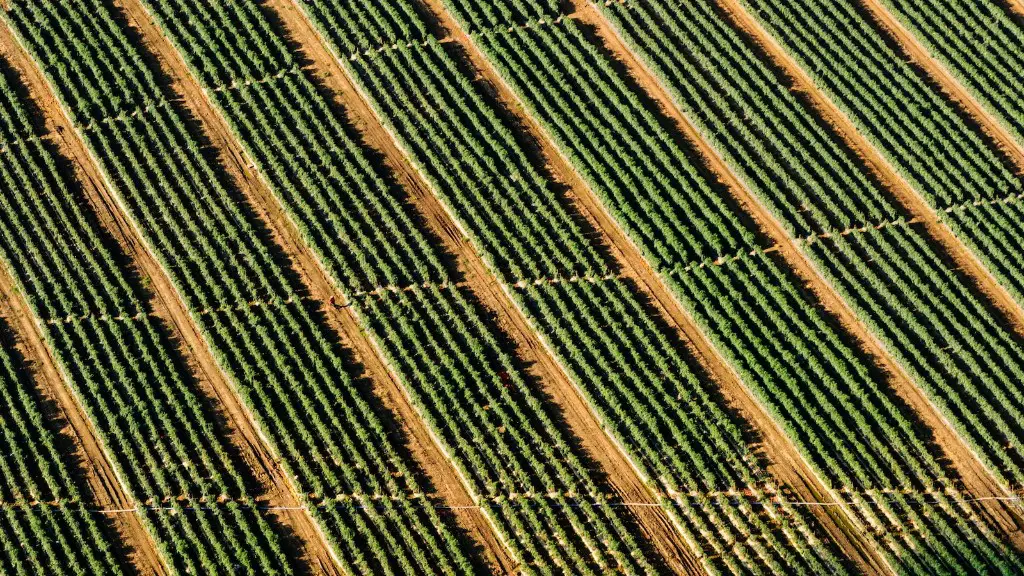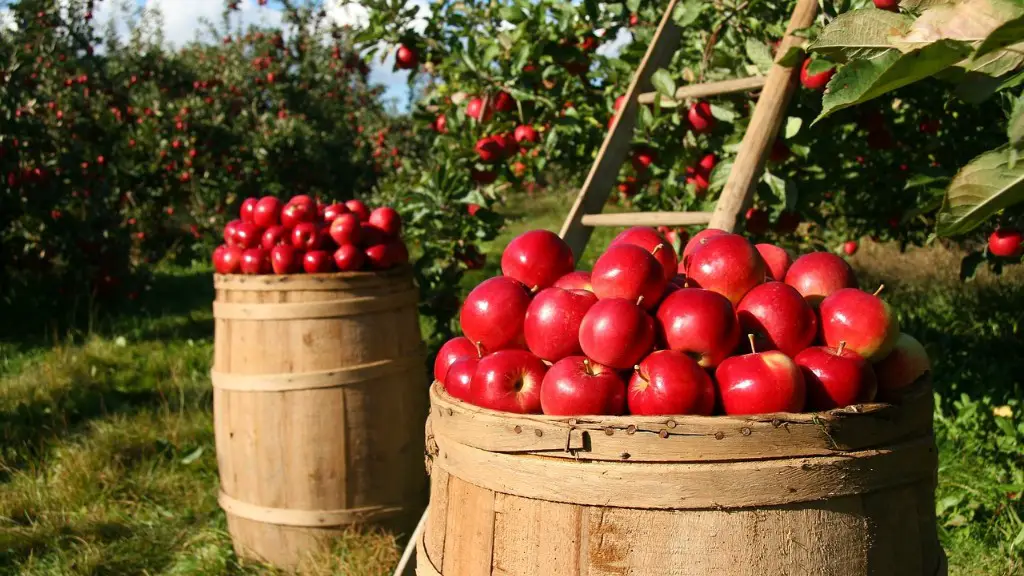Regulated by the government and affected by many laws, the agricultural tax exemption system in India is an intricate structure known for its complexity. The agricultural tax free system in India is designed to provide relief to the farmers from tax imposed by the Central Board of Direct Taxes (CBDT). Under certain conditions, specific income from agricultural activity can be exempt from tax in India. But, the system is not without its complexities and exemptions may be void if not applied correctly. It is important to understand the types of agricultural activities that are eligible for tax exemption in India and the criteria that must be met in order to qualify.
Agricultural Tax Exemptions in India
In India, agricultural activities that are eligible for a tax exemption are limited to those that are considered “agricultural in nature”. The definition and meaning of this term has been the subject of numerous legal challenges and disputes, so it’s important to understand exactly what the definition of agricultural in nature means in India. According to the Income Tax Act, 1961, activities that constitute agricultural income include crops, horticulture, animal husbandry, beekeeping and poultry farming. However, this definition is not exhaustive as further statements by the Central Board of Direct Taxes from 1964 onwards have added other activities that may qualify for the exemption. These include activities such as the rearing of worms for fishing, afforestation and floriculture, among other activities.
Taxable vs. Non-Taxable Income
Taxable and non-taxable agricultural income in India should not be confused. Non-taxable agricultural income is income that is exempted from tax under section 10(1) of the Income Tax Act and this will depend on the interpretation of the definition of agricultural in nature. Certain activities such as the sale of seeds, livestock, dairy, and other farm products may be fully exempted up to a certain limit.
Taxable agricultural income refers to income from agricultural activities that are not exempted, and this includes items such as rent, income from land and buildings, rent from buildings and other properties, income from fisheries, etc. As with any other income, these become taxable and the appropriate taxes will be applicable.
Tax Benefits Available to Farmers
In India, there are a number of benefits and incentives to participating in agricultural activities. In addition to being exempted from some forms of income tax, farmers also benefit from a range of special schemes and subsidies provided by the government. The government has a range of incentive schemes available for farmers in order to encourage agricultural activity in rural areas. These schemes, such as the Pradhan Mantri Fasal Bima Yojana (PMFBY) and Pradhan Mantri Kisan Samman Nidhi (PMKSN), are specifically designed to provide financial assistance to farmers.
Other Benefits for Eligibility for Tax Exemption
Apart from the eligibility for tax exemption due to agricultural income, farmers may also be eligible for other tax benefits. These are based on the annual gross income and expenditure incurred by an individual on agricultural activities or investments in agricultural activities. Some of the most commonly referred benefits include deductions on investments made in agriculturally accepted item such as seeds and fertilizers, extra deductions on certain agricultural investments, loan forgiveness and other subsidies.
Conclusion
It is important to understand that the agricultural tax exemption system in India is a complex structure and is subject to interpretation. It is essential to seek professional advice and assistance to understand the rules and regulations and determine eligibility for exemption. Eligibility requirements differ and will also depend on the annual gross income and expenditure incurred on agricultural activities and investments.

